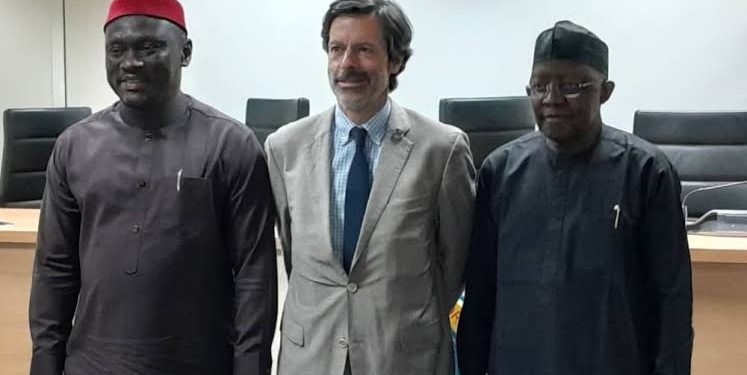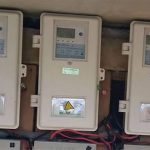Nigeria has reaffirmed its commitment to international electrical and electronic standards through stronger collaboration with the International Electrotechnical Commission (IEC), as top officials of the Standards Organisation of Nigeria (SON), the Nigerian Electricity Regulatory Commission (NERC), and the IEC met in Abuja during a stakeholders forum.
The event, part of the IEC’s 2025 African tour, marked the official visit of the IEC Secretary-General to Nigeria—a move SON Director-General described as historic and symbolic of Nigeria’s growing influence in global standardisation.
Speaking at the forum, the SON DG said Nigeria’s full membership in the IEC since 2017 has enabled the country to mirror 23 IEC technical committees locally, helping adopt global benchmarks and improve local product quality. He cited the marked improvement in Nigerian electrical cables as an example of the benefits of this collaboration.
He urged local manufacturers to use the IEC’s Conformity Assessment Schemes to gain international certifications, thereby boosting export opportunities and reducing product rejection abroad.
The NERC Chairman also welcomed the IEC delegation, highlighting the relevance of their visit in the context of Nigeria’s power sector reforms following the Electricity Act 2023. He noted that with states now able to regulate electricity locally, a consistent application of national and international standards is more crucial than ever to ensure safety and reliability.
“Standards are not optional. They are necessary for protecting lives and investments,” he said.
The IEC Secretary-General urged Nigeria to embrace global standards in clean energy, digital technologies, and smart grid development, which are key to improving energy reliability and integrating renewable sources. He emphasized that IEC is committed to helping Nigeria tap into global supply chains and fast-track industrial growth.
He outlined how technologies such as AI, the Internet of Things, digital twins, and smart energy systems—backed by robust standards—are crucial tools for national development. He also stressed the importance of cybersecurity, particularly in light of Nigeria’s expanding energy infrastructure.
He reiterated IEC’s focus on sustainability, citing new initiatives such as carbon footprint verification and circular economy services that can support Nigeria’s push for environmentally responsible industrialization.
In a call to action, he encouraged greater participation by young Nigerian engineers in global standards work, noting that their ideas are critical for the future of innovation.
“Nigeria has enormous potential and talent. Your young professionals must be empowered to shape the standards that will define tomorrow’s technologies,” he said.
The forum, attended by government officials, academics, manufacturers, regulators, and consumer advocates, offered a platform for stakeholders to engage directly with the IEC team and explore strategies for deepening Nigeria’s involvement in international standardisation.










